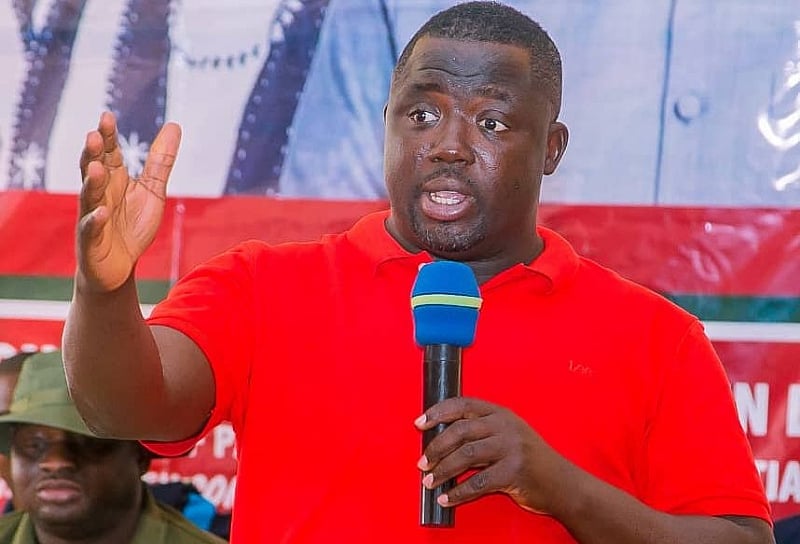The actions of alleged supporters of the National Democratic Congress (NDC) who reportedly vandalized state properties and attacked state institutions have sparked controversy and raised concerns about political violence and the rule of law. Mustapha Gbande, the Deputy General Secretary of the NDC, has defended the actions of these individuals, claiming they were not engaging in vandalism but rather protecting state assets from being misappropriated by outgoing government officials. This defense presents a starkly different narrative from the accusations of violence and underscores the political tensions surrounding the transition of power.
Gbande’s argument hinges on the assertion that the individuals involved were motivated by a desire to prevent the theft of government property. He portrays them as vigilantes acting in the interest of the state, attempting to safeguard public resources from being plundered. This framing reframes the alleged acts of vandalism as a form of civic responsibility, a proactive measure taken by concerned citizens to protect the nation’s assets. The underlying message is that these actions, while perhaps unconventional, stemmed from a genuine concern for the proper management of public resources and a desire to hold officials accountable.
This interpretation of events contradicts the narrative of violence and lawlessness. Gbande distinguishes between acts of theft and the alleged actions of the NDC supporters. He emphasizes that if the individuals were stealing government property for personal gain, the situation would be different and deserving of condemnation. However, he maintains that their intent was to safeguard these assets and prevent them from being taken by departing government officials. This defense seeks to portray the alleged actions not as criminal but as a form of justifiable intervention to prevent a greater wrong – the theft of public resources.
The NDC’s response to the situation, as relayed by Gbande, involves cooperation with law enforcement authorities to restore order and address the underlying issues. He states that the party is working with the Inspector General of Police and remaining officials from the previous administration to regularize the situation. This collaborative approach aims to de-escalate tensions and find a peaceful resolution. The party’s engagement with both law enforcement and officials from the outgoing government suggests a willingness to address the matter through established channels rather than escalating the conflict.
Gbande’s statement also touches on the broader context of the alleged incidents. He frames the actions within a narrative of young people seeking to change the “narrative of the country,” where he alleges impunity for those who misuse government funds and property. He presents these individuals as part of a movement seeking to challenge corruption and hold those in power accountable. This broader context aims to depict the alleged actions as part of a larger struggle for good governance and accountability within the nation. It suggests that these incidents are not isolated events but rather a manifestation of deeper concerns regarding corruption and the misuse of public resources.
The situation reflects the complexities of political transitions and the potential for disputes over the management of state resources. The clashing narratives, with accusations of vandalism on one side and claims of asset protection on the other, highlight the challenges in establishing a clear understanding of the events. The NDC’s emphasis on collaboration with authorities and their portrayal of the individuals involved as motivated by a desire to protect state assets seek to mitigate potential negative repercussions and frame the incidents within a broader discourse on accountability and good governance. The ultimate interpretation of these events will likely depend on further investigations and the emergence of additional evidence. However, the situation underscores the importance of transparent and accountable governance and the need for peaceful mechanisms to address disputes over the management of public resources.


